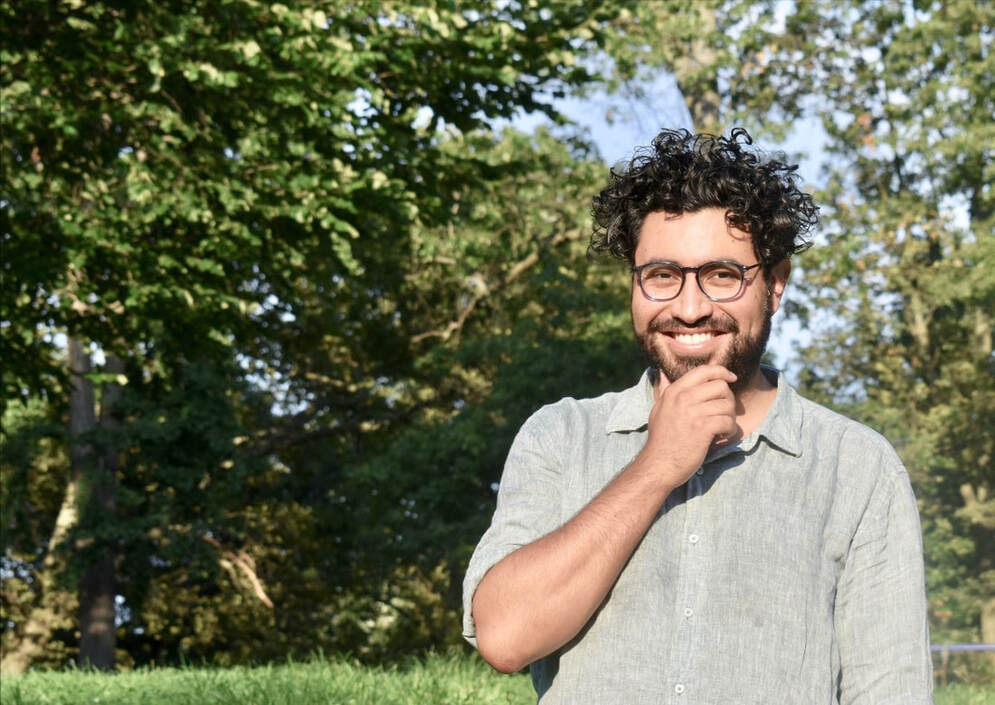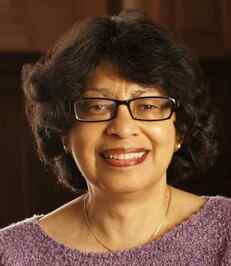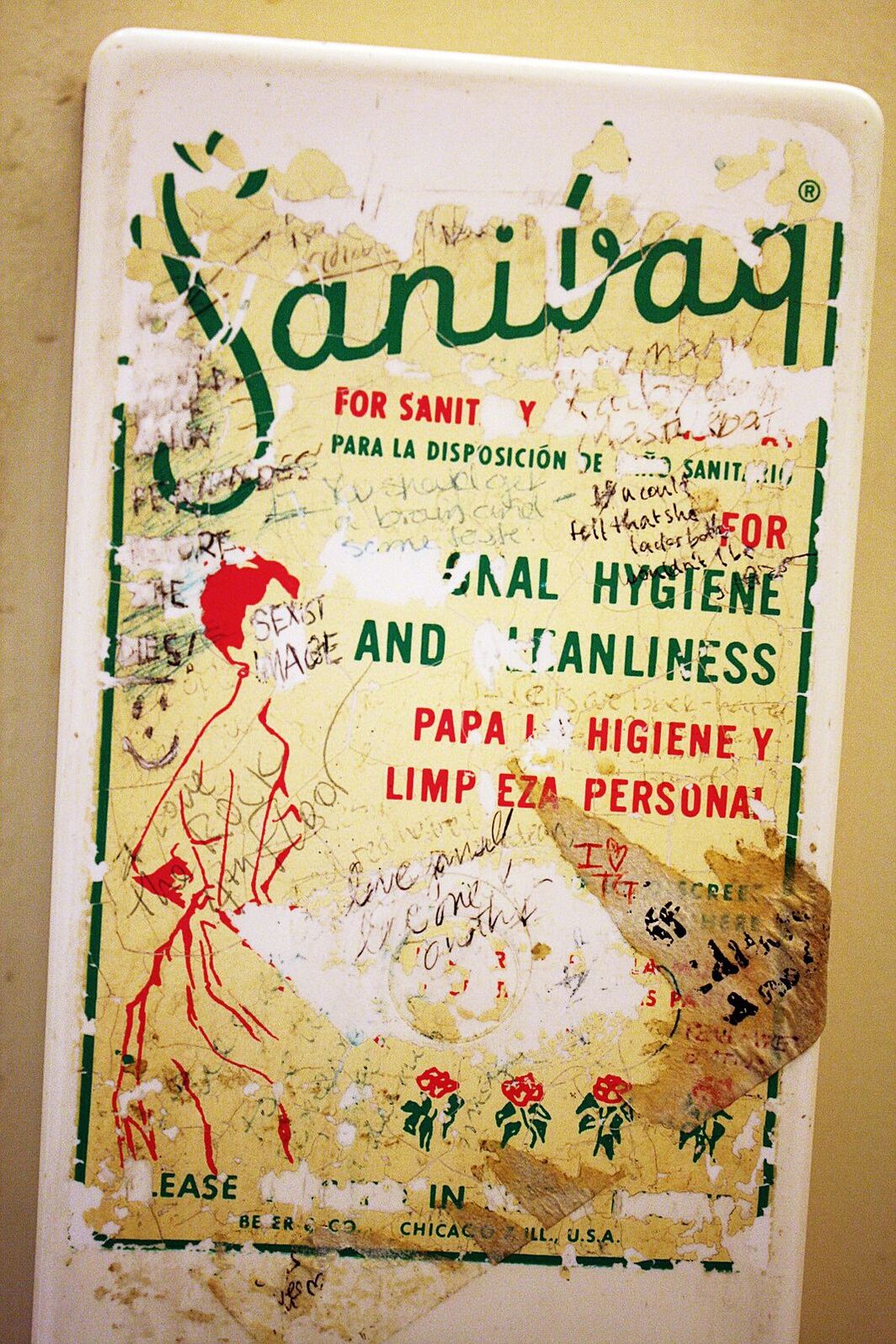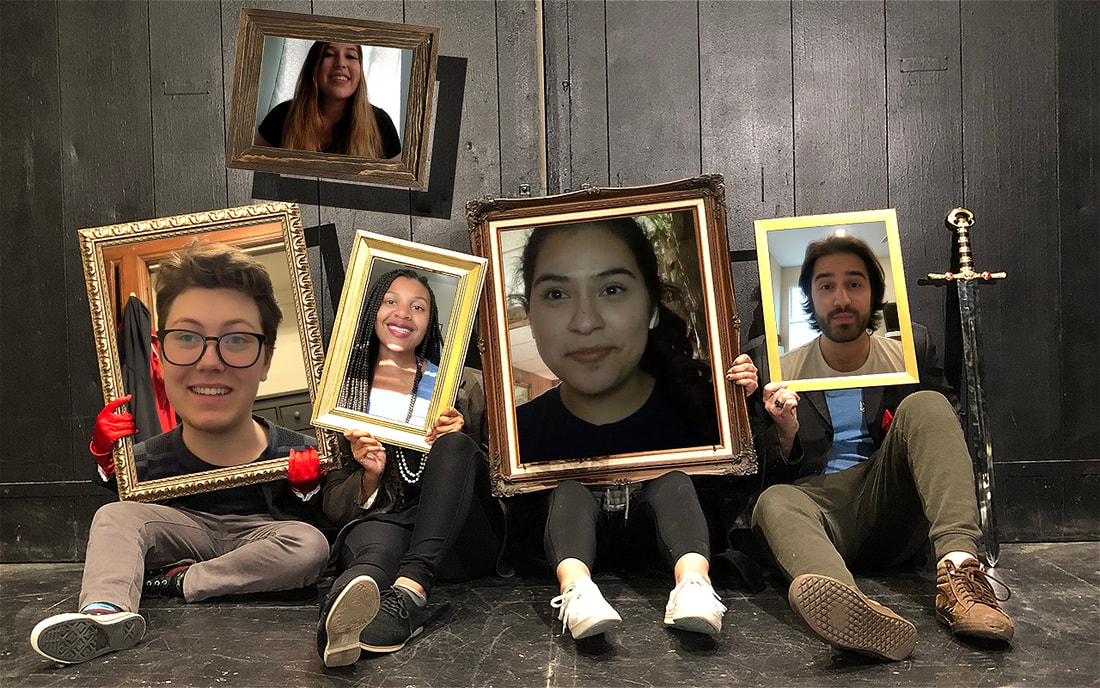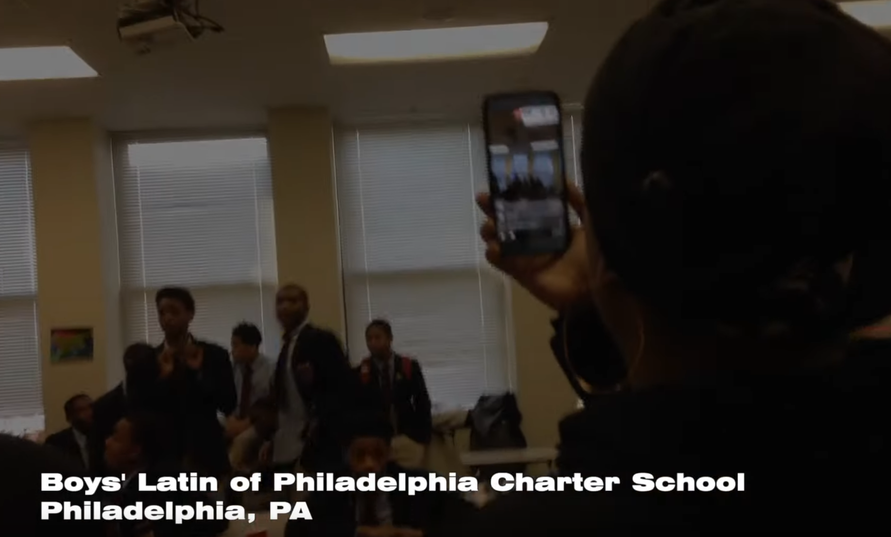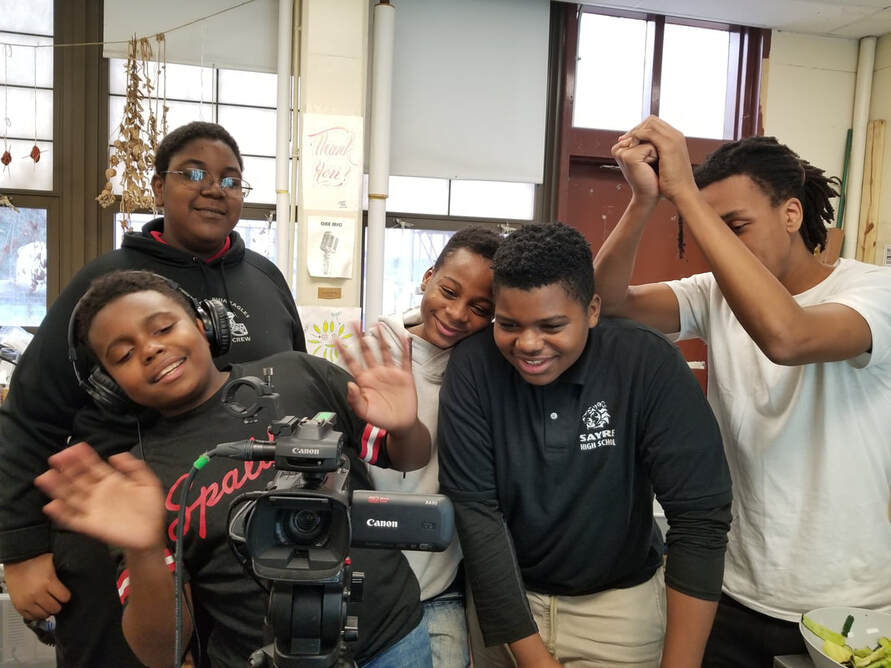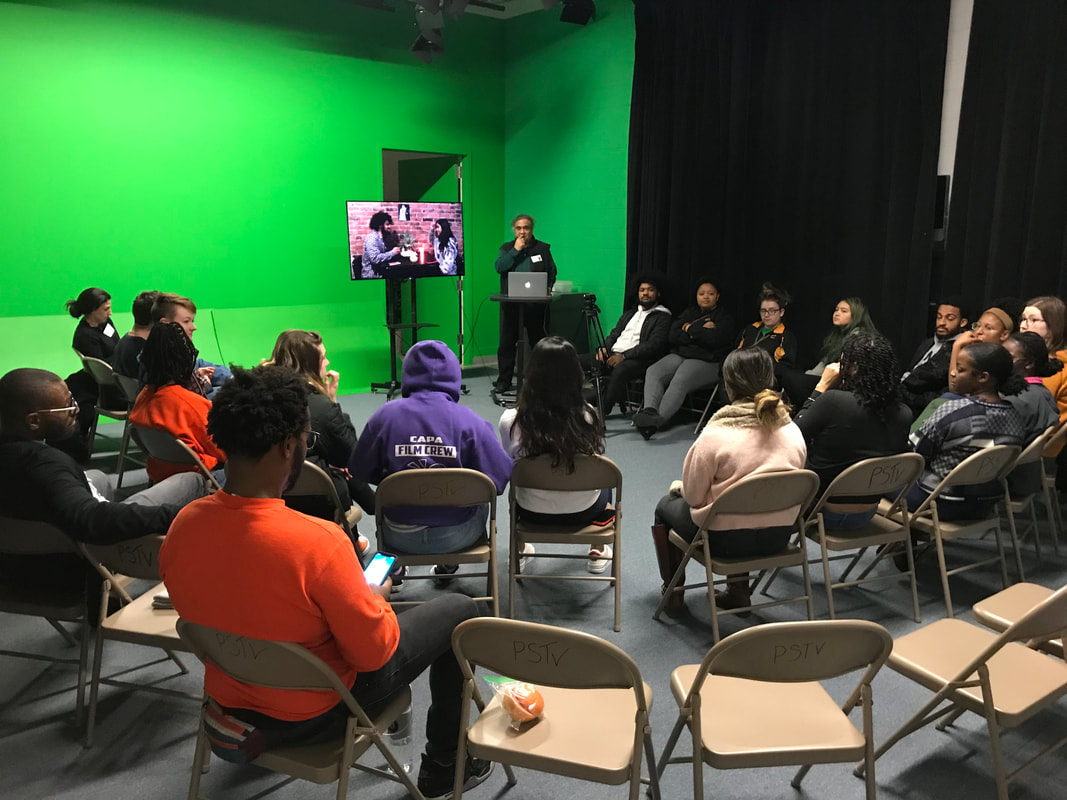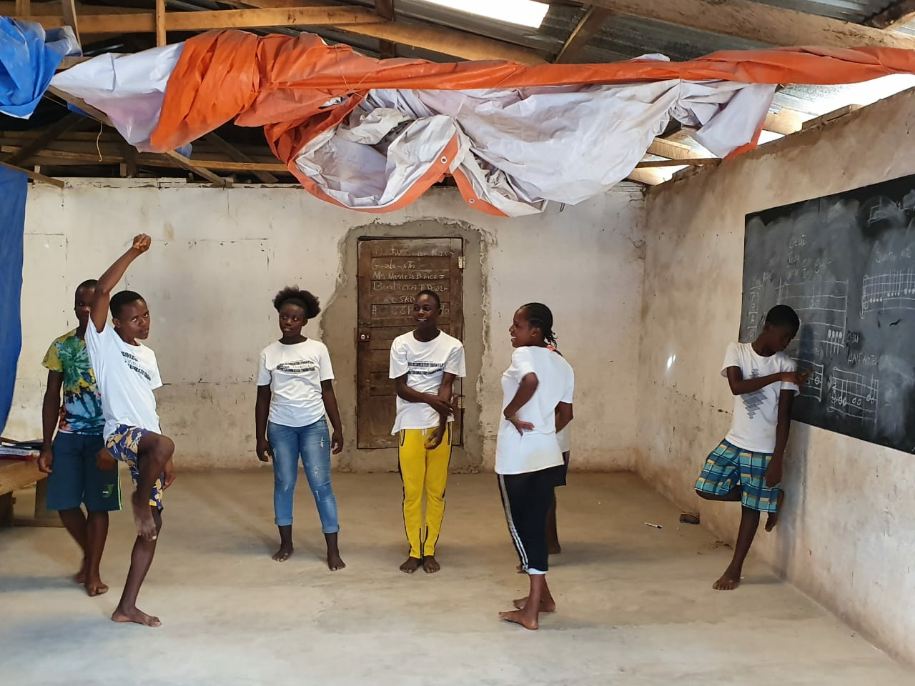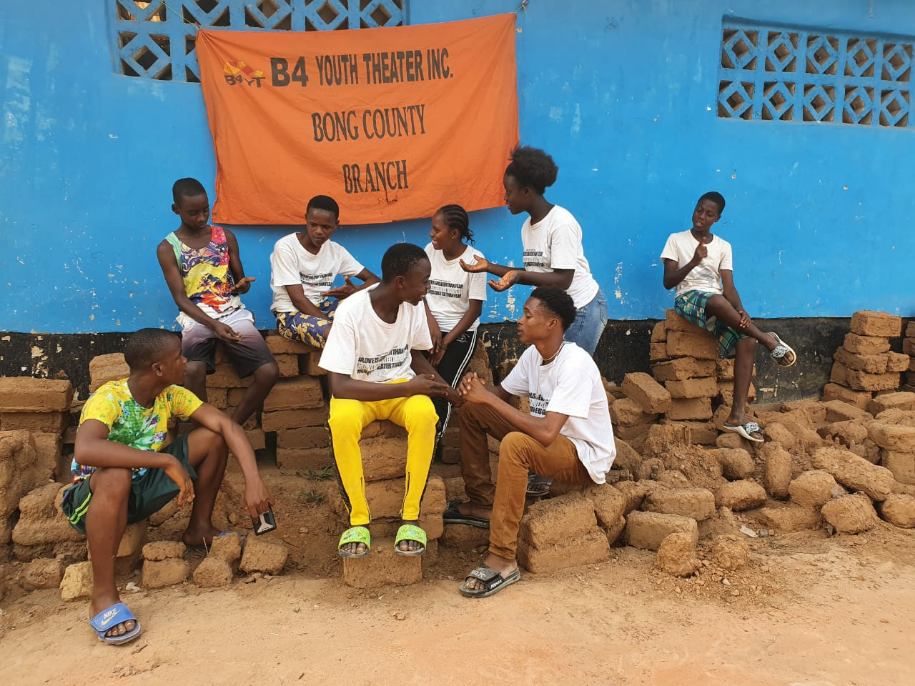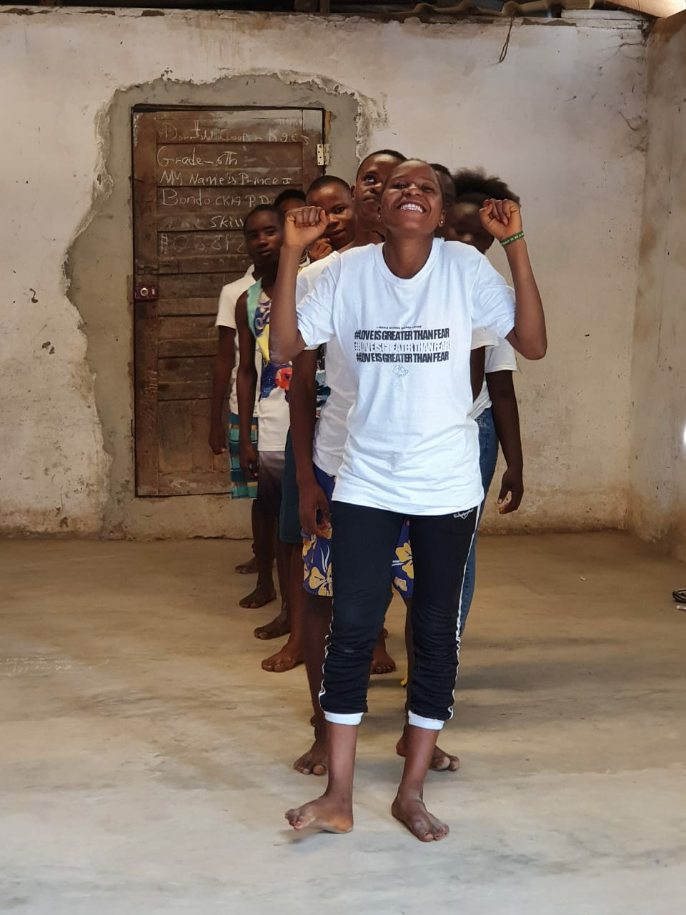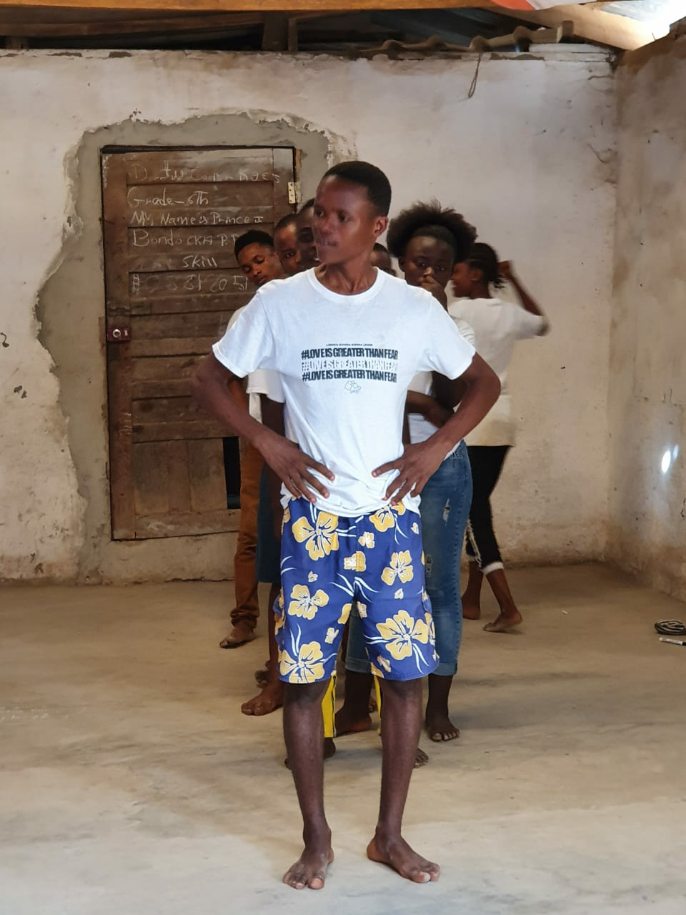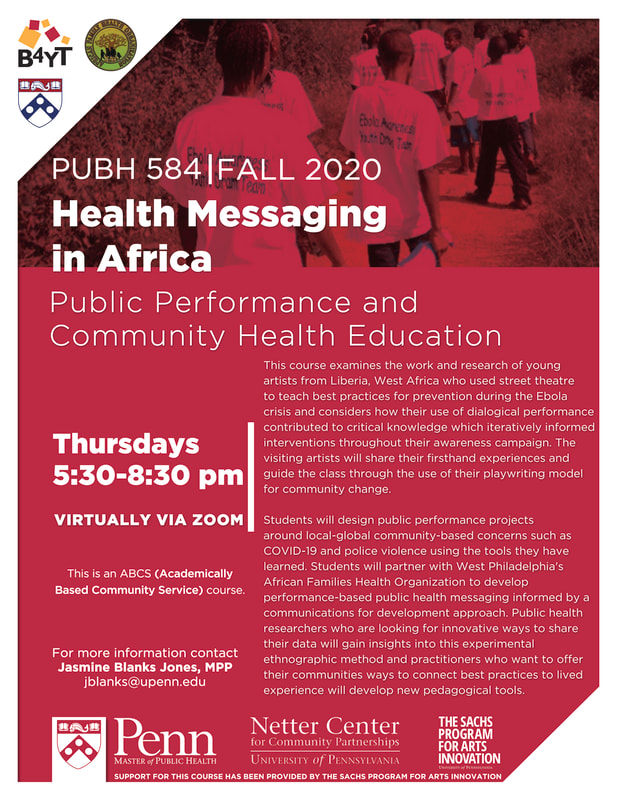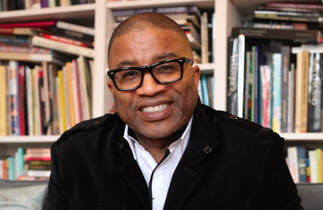CEE | Center for Experimental Ethnography
Menu
CONVERSATIONS
A blog of the Center for Experimental Ethnography
|
Ethnographic Cartography As part of his doctoral research on human-aquifer relations and the pollution of space in Mexico, Pablo Aguilera Del Castillo interrogates the affective, aesthetic, and political affordances of maps. In order to do this, he has been exploring critical collective counter cartographies as a potential site of important anthropological analysis. Building on the well-established critique of maps as objects implicated in the exercise of power—be that colonial or otherwise—he follows the lead of mapping collectives in Latin America to reclaim the field of cartography.
For other mapping collectives, counter mapping is the continuous attempt to deconstruct traditional narratives of Latin American territories. For them, the map is simultaneously a method, a theory, and an everyday practice. They see in maps a powerful social space to bring intellectually rigorous thought to public spaces making knowledge and research more accessible to everyone. Following this, they work with other social organizations in Mexico and Central America to develop workshops to use traditional mapping methods and important baseline mapping layers in the development of critical collective counter cartographies. Working in close collaboration with existing mapping collectives such as GeoComunes, JEN, and Iconoclasistas, as well as graduate students from the Department of Anthropology at Penn and the Penn School of Design, Pablo developed a series of maps on water pollution and industrial agricultural practices in Yucatan. Building on the ideas of forensic architecture, they generated a framework for analyzing pollution through the examination of infrastructure types associated with the growing agricultural industry in the region. Overall the map illustrates the basic problem at hand for Pablo's doctoral research, the intensity of water pollution in the region and the need to find ways to narrate the troubled human-aquifer relations in Yucatan. Over the next months, Pablo plans to continue developing the tools and methodologies that needed for the virtual collective mapping workshops he is organizing in Yucatan.
0 Comments
Fewer Stays, Fewer Days: The Bronx Defenders and How Holistic Defense Reduces Mass Incarceration
Regina Austin, CEE Affiliate and William A. Schnader Professor of Law, is the director for the multimodal course titled "Documentaries and the Law". The course trains lawyers to understand both the law and the creative process, as documentary films increasingly influence what people know and think about law.
Given that documentary filmmaking provides opportunities to mount visual legal arguments that are relatively affordable, accessible, and reliable, the course seeks to instill students with an understanding of the rudiments of nonfiction film storytelling. Austin’s scholarship focuses on the impact of law on cultural conflicts arising from race, gender, and class inequality, with much of it revolving around the critical analysis of ethnographies and law-genre documentary films and photography. The Penn Program on Documentaries & the Law hosts screenings of law-genre documentaries, maintains a national archive of clemency videos as a resource for capital defense attorneys, and produces mitigation videos on behalf of young, first-time defendants in cooperation with the Defender Association of Philadelphia. The videos produced in this course are available on Youtube. Come Spring, Austin will also be instructing a new course: "Critical Multimodal Qualitative Research Across the Professions". Stay tuned for more information about this interdisciplinary multimodal course.
There we have it. Adolescents are raising their virtual voices about menstrual health and equity. So, where does this leave our research. We have been able to gather a cohort of adolescent twitter user posts in both text and media format related to the theme of menstruation. We are in the process of manually annotating the tweets now and plan perform quantitative and qualitative analysis of the annotated data to determine the main themes that arise when teens talk about their periods online. We had initially planned to convene a small cohort of youth to design a either a digital web-based and/or in-person exhibition of the multimodal data. This cohort will likely be moved to a virtual platform but rather than a roadblock, I believe this offers a unique opportunity to explore digital media among youth as yet another multimodal tool to elevate and empower the
youth voice. Periods don’t stop for pandemics and neither do we! From the beginning of the semester through the start of spring break, the students in Dr. Marcia Ferguson’s class at the University of Pennsylania, “The Edinburgh Project,” read works by Virginia Woolf and rehearsed a production of Sarah Ruhl’s adaptation of Woolf’s classic novel Orlando. The production was to premiere in April on campus, then travel to the Edinburgh Fringe in August. Their rehearsals with Ferguson and their training with Blanka Zizka, Artistic Director of the Wilma Theater and the 2020 artistic resident for the Theatre Arts program, were cut short by the pandemic. With the University moving to remote learning and the Edinburgh Fringe ultimately canceled for 2020, it was clear the course would not be able to proceed as planned. Looking for a way to build on this initial work within a new format, Dr. Ferguson gave the group a new assignment: weekly video projects in which the individual members of the class reflect on Ruhl’s play, the Virginia Woolf novel on which it was based, and their experience of the pandemic. The resulting film blends distinctive imagery, original music, and first-person accounts. The 28-minute film is available on YouTube throughout the Philadelphia Fringe Festival and beyond. Still from Our Philadelphia (2020).
Arlene Fernández, an awardee of CEE's Multimodal Research Grant, grapples with the task of reshaping the direction of her work in the wake of COVID-19. As I imagine many of us must be feeling, this year has taken me by surprise with its persistent existential demands. Like an almost unceasing drumbeat, we are being confronted with questions of life and death, and the injustices reflected in who lives and who dies have been as profound as they have been predictable. As an emerging scholar laying the foundation of my research in critical communication and cultural studies, I have been in a state of perpetual uncertainty about what a critical ethnographic and multimodal praxis can look like during COVID-19 and how to rethink or reshape the direction of my work “in the wake,” to invoke Christina Sharpe (2016). 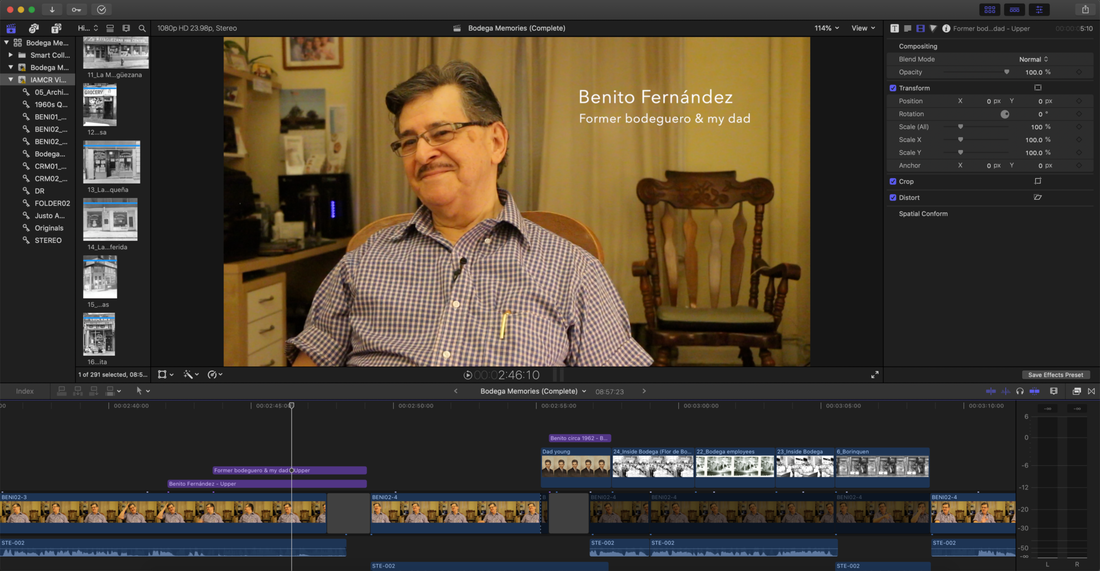 To that end, it seemed timely that I would begin what I had hoped to be the beginnings of a multi-sited, multimodal ethnographic project in Latinx corner stores with a filmic meditation on a photographic archive of bodegas in New York City by photographer Justo A. Martí placed in conversation with an interview (filmed pre-COVID-19) with my father, a former bodega owner in New York, called “Bodega Memories.” This summer, I was able to complete an early cut through which I began to develop the narrative form of the project and engage the public discourse framing the “essential worker.” Diving into a “living” archive through the interview with my father, I began reflecting on the incongruencies of what it means, in this case for Latinx (im)migrant workers, to be both “essential” and expendable and what these particular archives might reveal and obscure. The CEE and The Visual Identities in Arts and Design Research Group at the University of Johannesburg are forging exciting transatlantic connections.
Established in 2007, the VIAD research group is dedicated to deepening research around the overarching thematic of identity construction through forms of visual practice, visual culture and visual representation, and specifically in relation to African and Afrodiasporic histories and experiences. Focal areas of research at VIAD include Cultural Identities; Bodily/Embodied Identities; Designing/Designed Identities, and projects THAT interlink textual, conversational and creative outputs. From 2014-2020, VIAD is paying particular attention io research that falls under the rubric of personal addresses, creative agencies and political resistances in the post-colony. VIAD projects include the Sojourner Project: A Black Studies Mobile Academy (here), where members of the Practicing Refusal Collective will join local artists, writers and thinkers in Johannesburg and Durban to present a week-long program of art interventions, performances, screenings, conversations and public master classes. Although physical engagements for the Sojourner project are postponed due to COVID-19, VIAD is developing a digital platform as a means of initiating a community and dialogue/exchange, and looking forward to an in-person convening in May 2021. Another project, "The Lesser Violence Reading Group" (here), is co-created with Gay and Lesbian Memory in Action (GALA). This alternative ‘reading group’, is led by artists, researchers, and scholars, and asks participants to respond to listenings, experiences, performances, artworks and readings. In the 2018-2019 year these materials addressed the confronting of GBV and rape culture (TLV 2018 / TLV 2019). This year, The Lesser Violence Reading Group will be looking to ways in which community and "the social" factor in how artists navigate, disrupt and seek to reimagine this space. It is our hope that this partnership will open avenues of creative exchange and dialogue between the faculty and students at our respective centers. Stay tuned for an upcoming zoom conversation between Deb Thomas, CEE Director, and James MacDonald, VIAD Curatorial and Research Manager. Student cooks at Sayre Highschool review the footage from their cooking show. How do you continue making a film when the access, plans, and conditions underlying it suddenly dissolve? Students in Amitanshu Das's class grappled with this question last semester when, in the midst of creating documentaries with/of students across Philadelphia highschools, the COVID-19 pandemic put an abrupt stop to both on-site filming and the programs the Penn teams were focusing on. Graduate students in the School District of Philadelphia and Penn Graduate Student of Education Film Program, study ethnographic filmmaking by making films in the community. The program is led by founder Amitanshu Das (Senior Fellow and Director at the Penn GSE and the Annenberg School for Communication) with the Ethnographic Filmmaking courses taught by Amitanshu Das and Kathleen Hall. In the fall, Penn students first learn filmmaking and are introduced to ethnographic principles, approaches and methods. They visit Philadelphia high school communities- students, teachers and staff- so that everyone can get to know one another. Planning for this years program started more than a year ago in Spring 2019, when Philadelphia high schools were invited to apply to be one of three selected schools, finally resulting in Sayre Highschool, Girls High, and the Philadelphia High School for the Creative and Performing Arts being chosen. 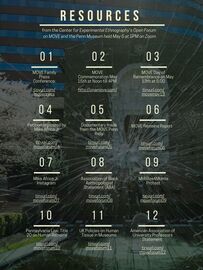 A class session for the 2020 PDS-GSE Penn Film Program Penn GSE Films, the district, and each selected high school began communicating early in the summer 2019, in order to prepare for a logistically and technically complicated program. The program works differently in each unique Philadelphia school, making these planning sessions critical. Later in the fall or early spring, both high school and Penn students choose a subject they would like to make into a film and what kind of film it should be. This hands-on education in ethnographic filmmaking builds towards a grand project for each filmmaking team: a finished short film by students, about students, that reflects the voices, interests, concerns and perspectives of students. In early May, these documentaries, narrative or experimental films are first premiered at the School District of Philadelphia then broadcast on PSTV (the school district of Philadelphia’s television channel) and posted to YouTube. Amit Das discusses ethnographic filmmaking with 2020 class. This year, graduate student teams were organized at three high schools: Student teams were already knee-deep in plans and filming when the global COVID-19 pandemic hit in February, followed quickly by an abrupt closure of Philadelphia schools in early March. Facing an unprecedented shift in the educational experience, Amit Das fully expected the early May deadline to change dramatically, and that was only if students were able to finish the films by summer at all.
Completing a documentary film is a daunting task even in the best of times---conflicts can arise seemingly out of nowhere, critical footage can be lost. In a pandemic that disrupted schooling, personal lives, and human life on a massive global scale, it must have seemed impossible. With only some of the filming complete, and thus planned edits and original storylines no longer possible, the students and the high school teams would have to reimagine their original projects entirely. Surprising everyone, each of the three teams did just that, with three completed films coming in just under the deadline. The SDP-Penn GSE Film Program is coordinated by PSTV and PennGSE Films, sponsored by the SDP-CIO and Penn’s Netter Center For Community Partnerships. Ethnographic Filmmaking Parts 1 & 2 are Netter Center supported ABCS (Academically-based Community Service) Courses and are closely affiliated with Penn’s new Center for Experimental Ethnography. Jasmine Blanks Jones has been performing and writing plays since she was a child, long before she founded the B4 Youth Theatre group in Liberia. Now a PhD Candidate in Africana Studies and Education, Culture & Society (and a student with the Center for Experimental Ethnography), Jasmine recalls her high school experiences, when she was part of a large peer group of fellow performers, all seemingly on a path to performance-centered careers. However, on the perilous trek through an educational system that "served different students in different ways" Ms. Blanks Jones veered toward college studies in performance education, while highly talented peers inexplicably ended up on less prestigious pipelines, including incarceration. Blanks Jones decided early on—before her undergraduate studies, even—that in response, she wanted to bring the opportunity and benefit of community theatre to uplift and mentor talent in marginalized communities. Flash-forward through Blanks-Jones undergraduate studies. In 2010, while studying arts education in residential settings at an orphanage school in Liberia, Jasmine took the opportunity to found B4 Youth Theatre in Mt. Barclay in Montserrado County, Liberia. In conducting research with Liberian communities, Blanks-Jones has had to negotiate a multitude of roles and navigate the social assumptions surrounding her identity: as a scholar, a light-skinned black woman, an American, a performer, a media maker, a college-educated professional. With B4 Youth now 10 years old, hosting programs in five counties of Liberia, over 400 youth across the nation are graduates of the signature program, “Vacation School for the Arts”. This year, it is being offered virtually for the first time as the Global Youth Arts Collaborative, hosting community conversations about misinformation amidst pandemics. These 400 students have written, acted in, and produced theater pieces that are deeply engaged in community issues, under the supervision of Liberian arts instructors (themselves graduates of the program). Working with arts instructors, students in B4 Youth programs have demonstrated an ability to respond to challenging and pressing crisis using the voices, hearts, and ideas of the youth, who (Jasmine notes) can often speak better to society about society than adults themselves. Most notably, students in B4 Youth projects have received national and international attention for using theatre to respond to misinformation that was circulating during the Ebola crisis, with students working together to write and produce plays in public spaces, drawing large crowds in markets, streets, and other highly trafficked locations where they have both spread vitally important messages for public health, and given students the confidence and experience necessary to practice public speaking on a broad scale. This latter capacity—public speaking—is one that is highly valued in Liberian society, especially by parents who consider it a prerequisite for becoming a “Big Person” within the community. These once-participants and now-arts instructors in B4 Youth work to identify areas, communities, and crisis that can benefit from community-based theatre activism. And the benefits to this work are both tangible and intangible, aside from training youth in public speaking, the program offers youth the important opportunity to socialize in public in ways that their parents deem “safe” and “less risky”. As opposed to being explicitly anti-police, many Liberian families Jasmine works with could be considered anti-police-attention. Without the money to encourage police to turn a blind eye, families in poorer communities invest their energy in instructing children in how to avoid notice by authorities more generally. One particular behavior that parents harp on is the mode of teenage socializing they call “walking about”, a way that youths, left on their own, tend to wander through public streets. According to their parents, this aimless habitation of public space creates the potential for generic small-scale troublemaking, and more troublingly, opens youth to unwanted attention from the authorities. This is where the goals of PGS, youth interest in group socializing, and parent’s values have been able to click into step with one another. What matters deeply to Jasmine is not simply the success of these theatre projects on a national scale, but rather the local perceived benefits of the program. Mattering, in this sense, requires that students, parents, arts instructors, and communities find value and benefit in the programs. “The principle benefit, aside from more tangible ones of getting youth away from “walking about” is that parents see it as educative. A lot of parents will say ‘this child was a weak student, would be a weak student on their own, but now you if you go into the house you will see them writing a script, reading a play.’ Maybe they were shy, or not great at public speaking, but this changes that, and public speaking is truly highly valued in Liberian society, to speak in front of a crowd, so this program offers them an opportunity to build that. Parents have said “now they can talk in front of their friends, even hundreds of thousands of people’.
For students, the project not only builds skills, but the opportunity for collective joy, to voice their opinions, and to meet other young people in spaces sanctioned by adults. Of this Jasmine has said: “Some parents have come to me saying, my child refuses to do chores, to work at the house, unleess I promise him or her she can go to the community theatre in the evening. They use emotive words to talk to the fellow community workers and theatre program leaders about their children’s participation: they say words like “love”----I “love” this program." Even during this time of physical distancing, the youth and students of B4 Youth Theatre are still able to use this opportunity to connect, grow, and challenge the status quo of marginalized youth in Liberia. Interested in learning more about the B4 Youth Theatre Global Youth Arts Collaborative? You can fill out an application here . Jasmine Blanks Jones will also be teaching an academically-based community service course "Health Messaging in Africa" at Penn in Fall 2020. Flyer below. . We are excited to announce that Prof. Guthrie Ramsey has been elected to join the American Academy of Arts and Sciences. Dr. Ramsey is an accomplished composer, pianist, and musicologist, and is the Edmund J. and Louise W. Kahn Term Professor of Music at the University of Pennsylvania, as well as an affiliated faculty member at the Center for Experimental Ethnography. Dr. Ramsey's latest music project is "A Spiritual Vibe, Vol. 1," (watch a video on the project here), and he is the author of Race Music: Black Cultures from Bebop to Hip-Hop, The Amazing Bud Powell: Black Genius, Jazz History and the Challenge of Bebop and African American Music: Grove Music Essentials (Kindle Edition), as well as the filmmaker of Amazing: The Tests and Triumph of Bud Powell , and the founder of the popular blog Musiqology.com. Ramsey composed and performed the music for the film Making Sweet Tea, by Nora Gross and John L. Jackson, Jr. which has been winning awards at film festivals across the country (watch trailer).
As an educator, Dr. Ramsey was awarded the 2019 CEE Course Development Grant to launch his innovative course: “The Music Industry Meets Activism.” In the course, Penn students learned about community activism and the music industry through up-close experiences with community organizations and artists, culminating in their work co-producing (with Green District Media and a graduate student in the Annenberg School of Communication) a professional music video for the song "Hurricane" by Philadelphia artist Vince Anthony. Our most heartfelt congratulations, Dr. Ramsey! |
Contact Us // 438 PENN MUSEUm // experimental-ethno@upenn.edu
© 2018 The Trustees of the University of Pennsylvania
